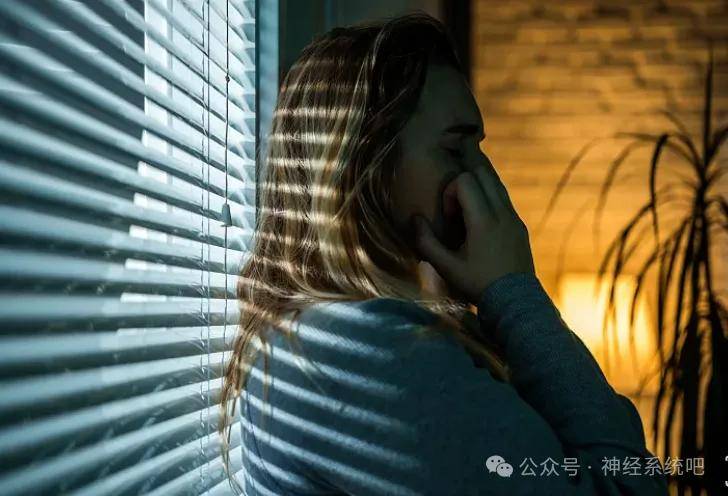Anxiety disorder is a common mental health issue that affects the quality of life for many people. In the process of treating anxiety disorder, many patients and their families have doubts about whether to rely on medication, and there are also some common misconceptions. Understanding these misconceptions is crucial for formulating a scientifically sound treatment plan.
The recovery from anxiety disorder does not solely depend on medication. For patients with mild to moderate anxiety disorder, symptoms can potentially be alleviated and recovered through non-medical means such as psychotherapy and lifestyle adjustments. However, for patients with severe anxiety disorder, medication is often a necessary adjunctive treatment.
Five Major Misconceptions
Misconception 1: Anxiety disorder can be overcome with willpower.
Many people believe that as long as the patient has enough willpower and determination, they can conquer anxiety disorder. However, anxiety disorder is a disease that involves the interplay of physiological and psychological factors, and relying solely on willpower is often ineffective. For example, a working individual named Xiao Li, who suffers from anxiety disorder, attempted to overcome his anxiety through self-encouragement and forcing himself to maintain a positive mindset, but ultimately the symptoms worsened, affecting his work and life.
Misconception 2: Not taking medication means no side effects.
Although medication treatment may come with certain side effects, this does not mean that avoiding medication poses no risks. Prolonged states of severe anxiety can cause significant harm to both body and mind, such as cardiovascular diseases, weakened immune system function, and depression. For instance, Xiao Zhang refused to take medication due to concerns about side effects, resulting in a continuous deterioration of anxiety symptoms, which led to physical symptoms like insomnia and headaches.
Misconception 3: Psychotherapy can replace medication treatment.
Psychotherapy plays an important role in the treatment of anxiety disorder, but it cannot fully replace medication treatment. For patients with severe symptoms, medication can quickly alleviate symptoms and create favorable conditions for psychotherapy. For instance, Xiao Wang underwent psychotherapy for a period, but due to severe anxiety symptoms, the effects were not significant. After combining medication treatment as recommended by the doctor, his condition gradually improved.
Misconception 4: Symptoms easing means one can stop medication.
Treatment for anxiety disorder requires a continuous process; symptom relief does not equate to recovery. Stopping medication too early may lead to a relapse of the condition, potentially worsening it. For example, Xiao Zhao discontinued medication on his own after his symptoms eased, and soon after, his anxiety symptoms reappeared, even more severely than before.
Misconception 5: Anxiety disorder is a personality problem and cannot be changed.
This viewpoint completely attributes anxiety disorder to individual personality, ignoring the influence of environmental and physiological factors. In fact, with appropriate treatment and adjustments, anxiety disorder can be improved and even cured. For example, Xiao Liu long believed that his anxiety was due to his introverted personality, but after comprehensive treatment, not only did his anxiety symptoms lessen, but he also became more outgoing.
Treating anxiety disorder is a complex process that requires a comprehensive consideration of factors such as the patient’s condition, personal willingness, and treatment resources. Whether recovery can be achieved without medication depends on various factors and cannot be generalized. At the same time, it is essential to avoid falling into the above five major misconceptions, establish correct treatment concepts, and actively cooperate with the doctor’s treatment plan to increase the chances of recovery and lead a healthy, happy life again.


